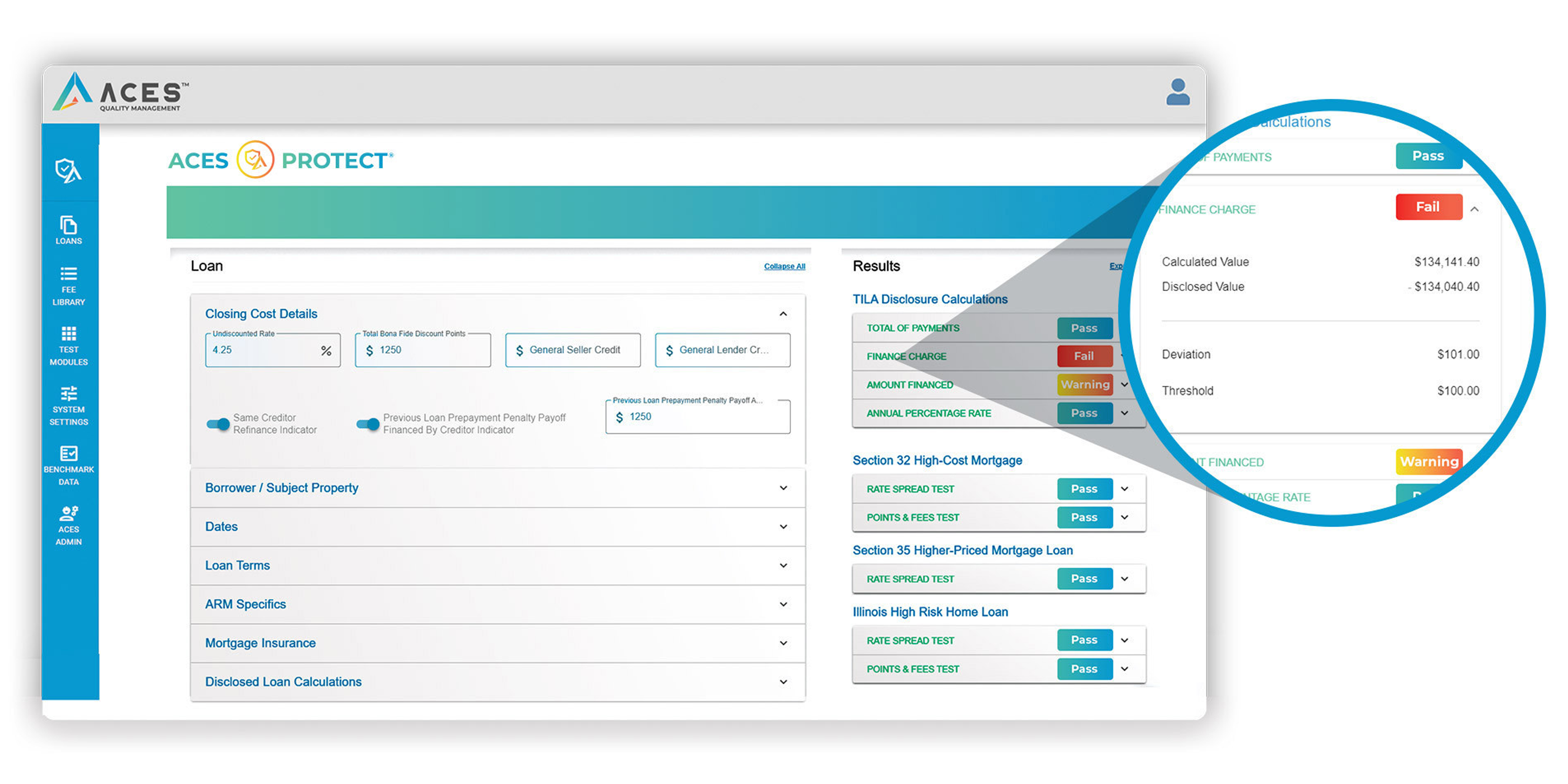IRS
NC-2018-02, May 9, 2018
North Carolina — Victims of a tornado and severe storms that occurred on April 15, 2018 in parts of North Carolina may qualify for tax relief from the Internal Revenue Service.
The President has declared that a major disaster exists in the State of North Carolina. Following the recent disaster declaration for individual assistance issued by the Federal Emergency Management Agency, the IRS announced today that affected taxpayers in certain North Carolina counties will receive tax relief.
Individuals who reside or have a business in Guilford and Rockingham counties may qualify for tax relief.
The declaration permits the IRS to postpone certain deadlines for taxpayers who reside or have a business in the disaster area. For instance, certain deadlines falling on or after April 15, 2018 and before Aug. 15, 2018, are granted additional time to file through Aug. 15, 2018. This includes the April 18 deadline for filing 2017 individual income tax returns and the April 18 and June 15 deadlines for making quarterly estimated tax payments.
In addition, penalties on employment and excise tax deposits due on or after April 15, 2018 and before April 30, 2018, will be abated as long as the deposits were made by April 30, 2018.
If an affected taxpayer receives a late filing or late payment penalty notice from the IRS that has an original or extended filing, payment or deposit due date that falls within the postponement period, the taxpayer should call the telephone number on the notice to have the IRS abate the penalty.
The IRS automatically identifies taxpayers located in the covered disaster area and applies automatic filing and payment relief. But affected taxpayers who reside or have a business located outside the covered disaster area must call the IRS disaster hotline at 866-562-5227 to request this tax relief.
Covered Disaster Area
The counties listed above constitute a covered disaster area for purposes of Treas. Reg. §301.7508A-1(d)(2) and are entitled to the relief detailed below.
Affected Taxpayers
Taxpayers considered to be affected taxpayers eligible for the postponement of time to file returns, pay taxes and perform other time-sensitive acts are those taxpayers listed in Treas. Reg. § 301.7508A-1(d)(1), and include individuals who live, and businesses (including tax-exempt organizations) whose principal place of business is located, in the covered disaster area. Taxpayers not in the covered disaster area, but whose records necessary to meet a deadline listed in Treas. Reg. § 301.7508A-1(c) are in the covered disaster area, are also entitled to relief. In addition, all relief workers affiliated with a recognized government or philanthropic organization assisting in the relief activities in the covered disaster area and any individual visiting the covered disaster area who was killed or injured as a result of the disaster are entitled to relief.
Grant of Relief
Under section 7508A, the IRS gives affected taxpayers until Aug. 15, 2018, to file most tax returns (including individual, corporate, and estate and trust income tax returns; partnership returns, S corporation returns, and trust returns; estate, gift, and generation-skipping transfer tax returns; and employment and certain excise tax returns annual information returns of tax-exempt organizations; and employment and certain excise tax returns), that have either an original or extended due date occurring on or after April 15, 2018 and before Aug. 15, 2018.
Affected taxpayers that have an estimated income tax payment originally due on or after April 15, 2018 and before Aug. 15, 2018, will not be subject to penalties for failure to pay estimated tax installments as long as such payments are paid on or before Aug. 15, 2018. The IRS also gives affected taxpayers until Aug. 15, 2018 to perform other time-sensitive actions described in Treas. Reg. § 301.7508A-1(c)(1) and Rev. Proc. 2007-56, 2007-34 I.R.B. 388 (Aug. 20, 2007), that are due to be performed on or after April 15, 2018 and before Aug. 15, 2018.
This relief also includes the filing of Form 5500 series returns, (that were required to be filed on or after April 15, 2018 and before Aug. 15, 2018, in the manner described in section 8 of Rev. Proc. 2007-56. The relief described in section 17 of Rev. Proc. 2007-56, pertaining to like-kind exchanges of property, also applies to certain taxpayers who are not otherwise affected taxpayers and may include acts required to be performed before or after the period above.
Unless an act is specifically listed in Rev. Proc. 2007-56, the postponement of time to file and pay does not apply to information returns in the W-2, 1094, 1095, 1097, 1098, or 1099 series; to Forms 1042-S, 3921, 3922 or 8027; or to employment and excise tax deposits. However, penalties on deposits due on or after April 15, 2018 and before April 30, 2018, will be abated as long as the tax deposits were made by April 30, 2018.
Casualty Losses
Affected taxpayers in a federally declared disaster area have the option of claiming disaster-related casualty losses on their federal income tax return for either the year in which the event occurred, or the prior year. See Publication 547 for details.
Individuals may deduct personal property losses that are not covered by insurance or other reimbursements. For details, see Form 4684, Casualties and Thefts and its Instructions.
Affected taxpayers claiming the disaster loss on a 2017 return should put the Disaster Designation, “North Carolina, Tornado and Severe Storms” at the top of the form so that the IRS can expedite the processing of the refund.
Other Relief
The IRS will waive the usual fees and expedite requests for copies of previously filed tax returns for affected taxpayers. Taxpayers should put the assigned Disaster Designation “North Carolina, Tornado and Severe Storms” in red ink at the top of Form 4506, Request for Copy of Tax Return, or Form 4506-T, Request for Transcript of Tax Return, as appropriate, and submit it to the IRS.
Affected taxpayers who are contacted by the IRS on a collection or examination matter should explain how the disaster impacts them so that the IRS can provide appropriate consideration to their case. Taxpayers may download forms and publications from the official IRS website, irs.gov, or order them by calling 800-829-3676. The IRS toll-free number for general tax questions is 800-829-1040.




